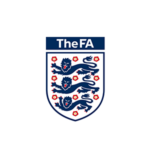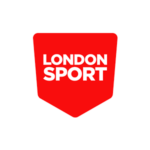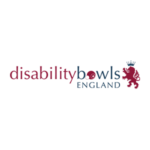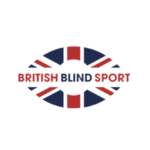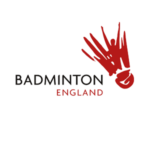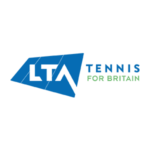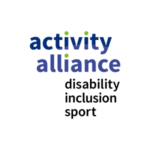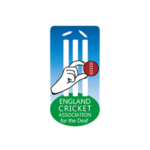Audiogram Regulations
http://www.deaflympics.com/pdf/AudiogramRegulations.pdf – click here
Can you tell me more about the Summer Deaflympics?
Under the Patronage of the International Olympic Committee (IOC), the Deaflympics is the second oldest multi-sport and cultural festival in the world, with a proud history stretching back to the first Games in Paris, in 1924. The Summer Deaflympics is among the world’s fastest growing sports events.
Deaf athletes participating in the Deaflympics get an opportunity to enjoy that same Olympic experience as their hearing counterparts.
Why can’t Deaf Athletes join the Paralympics?
There are no Paralympic category for athletes who are only Deaf. The Paralympic Games already faces strict limiton the number of competitors. Many did not want to include athletes with a learning difficulty partly because of the additional numbers.
It is obvious that the Paralympics would not be able to absorb such a large number. Some athletes in other disabilities would need to be cut back to allow for a limited number of Deaf athletes to participate. All disabled athletes would suffer as a consequence.
Do Deaf Athletes prefer separate Games?
Among the Deaf community there is overwhelming support for separate Games. Many Deaf people do not consider themselves disabled, particularly in physical or intellectual ability. Rather, we consider ourselves to be part of a cultural and linguistic minority.
The Deaf athlete is physically able-bodied and able to compete without significant restrictions, with the exception of communication barriers.
The Deaf athlete views the disabled athlete as being a hearing person first and disabled second. When athletes congregate at the Paralympics, or when hearing and Deaf people congregate at any event, the hearing people, regardless of physical limitations, are able to converse freely with each other as long as they have a common language.
The Deaf athlete, however, is always excluded from the group. On the other hand, at the Deaf Games, or any other event at which Deaf people meet, Deaf athletes can usually communicate other Deaf athletes, regardless of which country they may be representing.
Who organise and manage the Great Britain Deaflympic Squad?
Great Britain Deaflympic Organising Committee (GBDOC) is led by UK Deaf Sport. GBDOC has been established which comprises of Chair, Trustee, Technical Director, National Deaf Sport Organisations, and experienced volunteers working collectively to co-ordinate the Great Britain squad at Deaflympics.
Can you tell me more about the Great Britain Deaflympic Organising Committee’s (GBDOC) role in managing the Great Britain Deaflympic Squad?
There has been a big shift in how the various sports prepare for the Deaflympics with each sport being wholly responsible for its own Performance Plan and preparations. Considerable support has been given to each sport by both the GBDOC and UKDS to ensure that each sport does not feel that it is working in isolation.
An example of this is the preparation of the Performance Plan, where all the sports directors of the sports being considered for Deaflympics were given a template to produce a Performance Plan, which was discussed in detail at one of the regular planning meetings.
Further to this, a series of presentations to athletes would have been given by the Chef de Mission reinforcing the need for them to focus on their preparation and attention to detail in terms of training and diet.
As part of the planning and preparations for Deaflympics, the Chef de Mission undertakes a one week site visit to meet the Games management team and to inspect the venues and facilities. This visit proves invaluable with the early booking of facilities, including the preparation holding camp and the hotel facilities during the competition.
All the sports have had to follow a stringent qualifying criteria where the Chef de Mission along with the Team managers of each sport have worked together to agree outcomes and targets prior to selection. These outcomes are based on both performance and preparation. No athlete is selected without final approval from the GBDOC.





